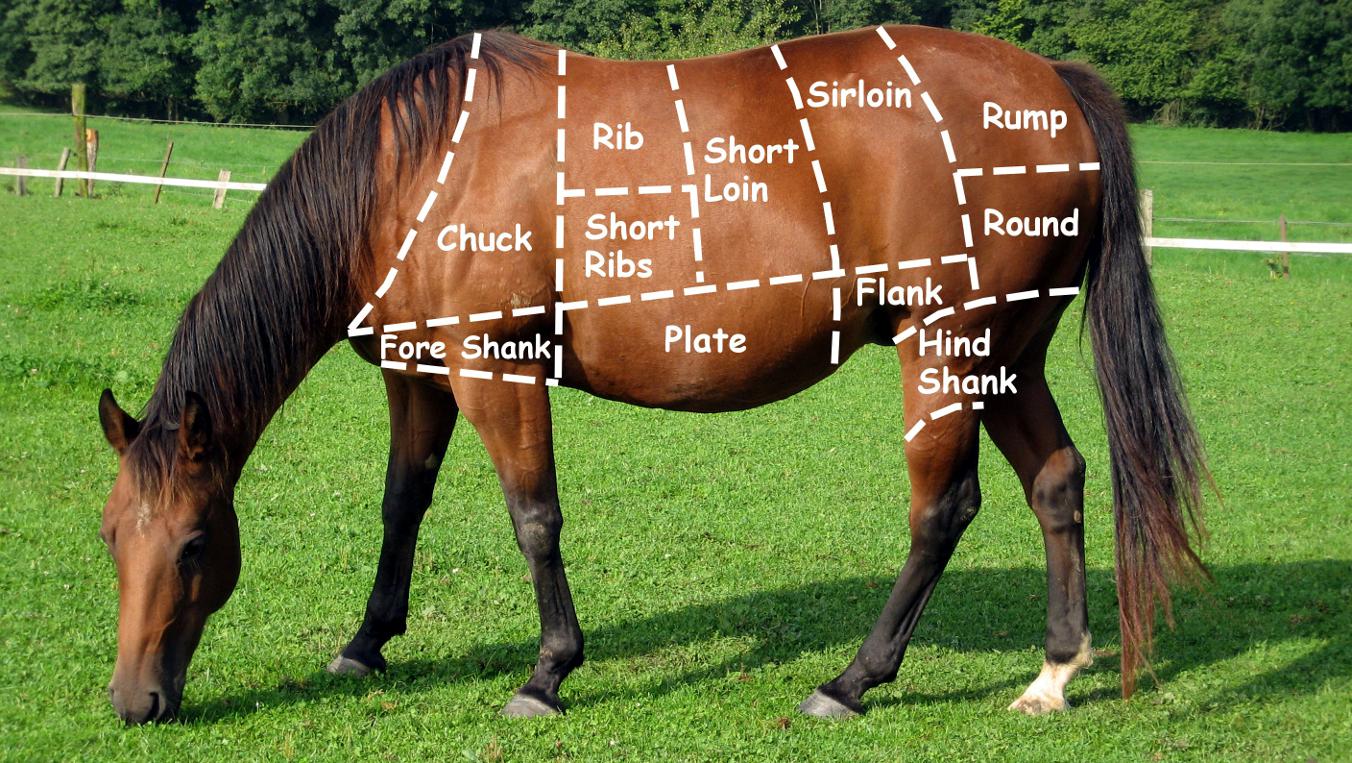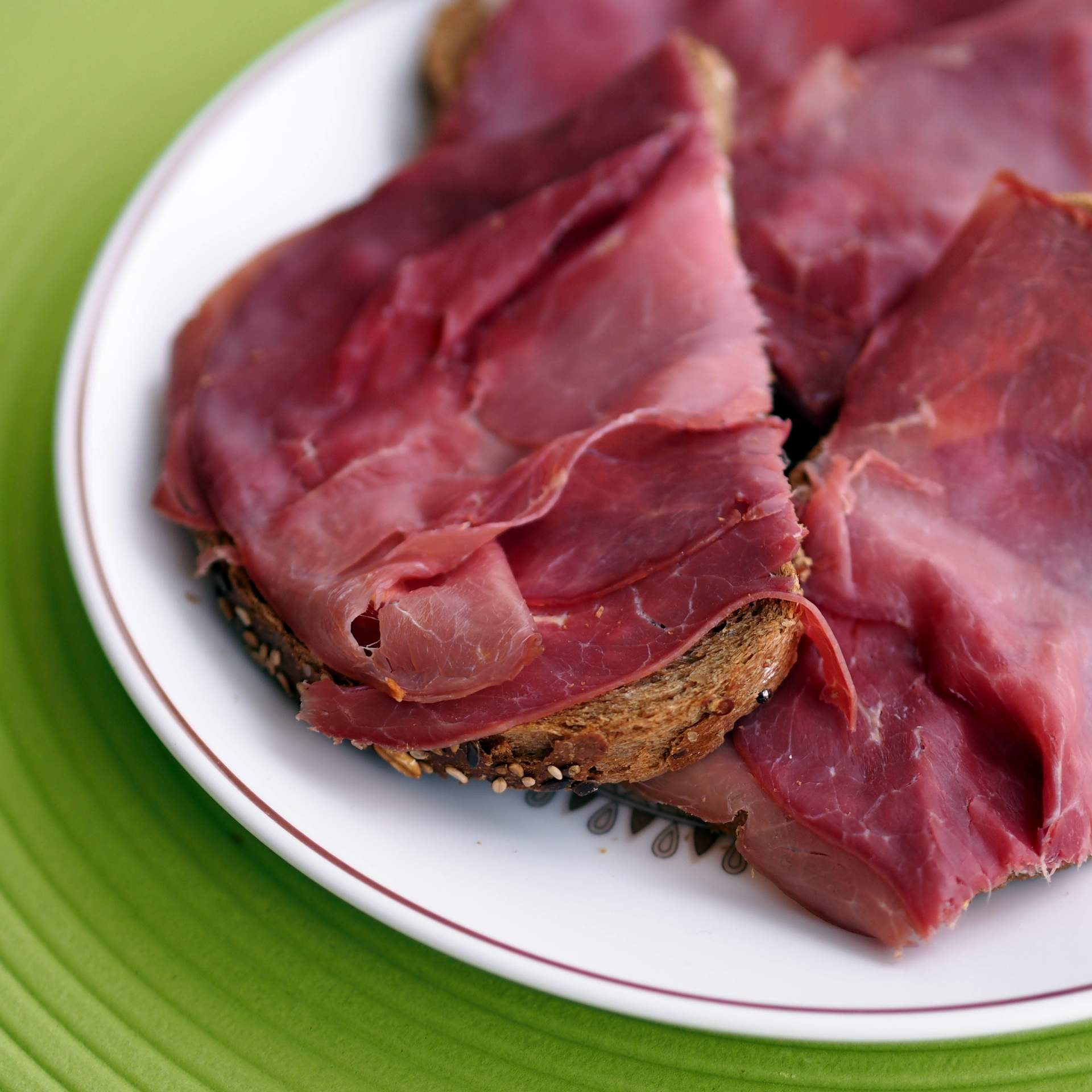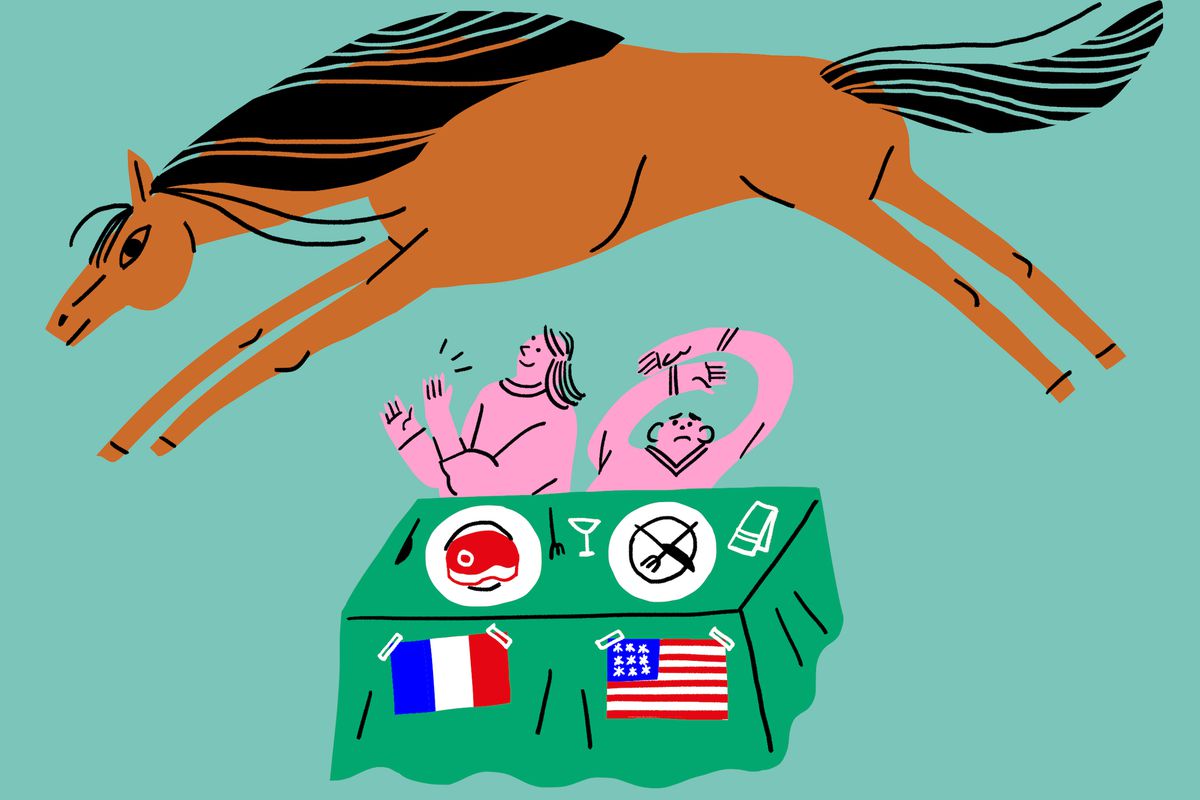What is Horse Meat Called: Unveiling the Name and Controversies
Horse meat has been a topic of controversy and intrigue for many years. While it is consumed in various parts of the world, there is often confusion surrounding its name and the ethical implications of its consumption. In this article, we will delve into the question, "What is horse meat called?" and explore the controversies surrounding its use as a food source.

Horse Meat
1. Understanding Horse Meat:
Horse meat refers to the flesh of horses that is consumed by humans. It has been consumed in different cultures throughout history, primarily for its nutritional value. Horse meat is known for being lean and rich in protein, iron, and omega-3 fatty acids.
2. Traditional Names for Horse Meat:
The name for horse meat differs across various regions and countries. Here are some of the traditional names used to refer to horse meat in different languages:
a) France:
In France, horse meat is commonly known as "viande de cheval." It has been a part of French cuisine for centuries and is used in various traditional dishes.
b) Italy:
In Italy, horse meat is referred to as "carne di cavallo." While it is not as widely consumed as in some other countries, it still has a place in Italian culinary traditions.
c) Japan:
In Japan, horse meat is called "basashi." It is often served raw or as sashimi and is considered a delicacy in certain regions.
d) Kazakhstan:
Horse meat holds a significant cultural value in Kazakhstan, where it is known as "kazy." It is a staple in their traditional cuisine and is enjoyed in various forms.
3. Controversies Surrounding Horse Meat Consumption:
Despite its long history as a food source, horse meat consumption has been a subject of controversy and debate. Here are some of the key controversies associated with the consumption of horse meat:
a) Cultural Differences:
The acceptance of horse meat varies across cultures. While it is a part of the culinary traditions in some countries, others consider it taboo or have cultural beliefs that discourage its consumption.
b) Ethical Concerns:
The ethics of consuming horse meat often come into question due to the emotional bond many people have with horses as companion animals. Some argue that horses are intelligent and sentient beings, making their consumption ethically problematic.
c) Food Safety and Regulation:
The safety and regulation of horse meat production and processing are important concerns. Proper labeling and adherence to food safety standards are crucial to ensure consumer awareness and prevent mislabeling or contamination issues.

Horse Meat
d) Horse Welfare:
Another significant controversy relates to the treatment and welfare of horses involved in the meat industry. Animal welfare activists raise concerns about the conditions in which horses are raised, transported, and slaughtered for their meat.
4. Legal Status of Horse Meat:
The legal status of horse meat consumption varies worldwide. While it is legally consumed in some countries, it is banned in others. Regulations regarding labeling and traceability of horse meat products also differ, making it essential for consumers to be informed about the origin and quality of the meat they consume.

Americans don't eat horse meat
In conclusion, the name for horse meat varies across different cultures and regions. While it is known as "viande de cheval" in France, "carne di cavallo" in Italy, "basashi" in Japan, and "kazy" in Kazakhstan, the controversies surrounding its consumption persist.
Cultural differences, ethical concerns, food safety issues, and horse welfare are all factors contributing to the ongoing debate around the consumption of horse meat. Ultimately, understanding the complexities of this topic can help individuals make informed decisions about whether or not to include horse meat in their diets.